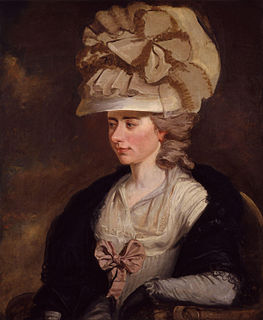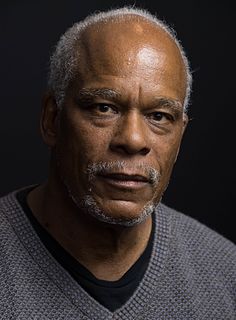A Quote by Richard Whately
To follow imperfect, uncertain, or corrupted traditions, in order to avoid erring in our own judgment, is but to exchange one danger for another.
Related Quotes
If someone puts up the argument that King Louis gave the Romagna to Pope Alexander, and the kingdom of Naples to Spain, in order to avoid a war, I would answer as I did before: that you should never let things get out of hand in order to avoid war. You don't avoid such a war, you merely postpone it, to your own disadvantage.
A terrorist, massive, casualty-producing event [will occur] somewhere in the Western world - it may be in the United States of America - that causes our population to question our own Constitution and to begin to militarize our country in order to avoid a repeat of another mass, casualty-producing event.
One code prevails in the family; another, on the street; a third, in the workshop or store; a fourth, in the religious association. As a person passes from one of the environments to another, he is subjected to antagonistic pulls, and is in danger of being split into a being having different standards of judgment and emotion for different occasions. This danger imposes upon the school a steadying and integrating office.
Elric knew that everything that existed had its opposite. In danger he might find peace. And yet, of course, in peace there was danger. Being an imperfect creature in an imperfect world he would always know paradox. And that was why in paradox there was always a kind of truth. That was why philosophers and soothsayers flourished. In a perfect world there would be no place for them. In an imperfect world the mysteries were always without solution and that was why there was always a great choice of solutions.
The idea of a judgment of history is secularism's vain, meaningless, hopeless, pathetic attempt to devise a substitute for what the great Abrahamic traditions of faith know is the final judgment of almighty God, who is not an impersonal force. History is not God. God is God. History is not our judge. God is our Judge.
When we respect our blood ancestors and our spiritual ancestors, we feel rooted. If we find ways to cherish and develop our spiritual heritage, we will avoid the kind of alienation that is destroying society, and we will become whole again. ... Learning to touch deeply the jewels of our own tradition will allow us to understand and appreciate the values of other traditions, and this will benefit everyone.





































